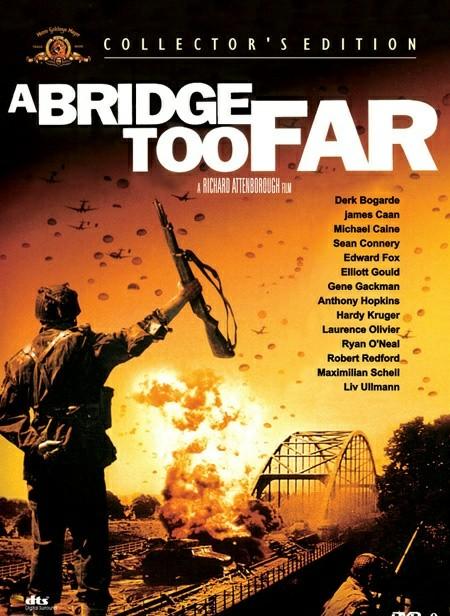In a World War II movie, I understood four words.
Righteousness, authority, face, fate.
Allies, justice represents righteousness;
Ranks, class represents authority;
Everyone chooses, there is a factor of face;
And obeying orders is gambling on fate.

In war,
The general who represents the great righteousness has the greatest face.
He can say seriously, responsibly, and reasonably afterwards: this battle is 90% successful, that is, the bridge is too far.
In the meantime, all those who died objectively died from the uncertainty of the battlefield.
They, disobeying or disobeying orders, could not avoid bullets.
So, victory belongs to such a party:
1. Subordinates obey orders
2. Members have a strong sense of honor
3. Classes are simple and effective
4. Leader stands for Righteousness
And the logic of the anti-war is:
1. My life is the most important
2. Someone else's face is a matter of my ass
3. Authorities love to bully people
4. Righteousness is to gild the authority of bullying
In times of peace, the form of war exists in interpersonal relationships.
In the palace, there is a palace fight drama.
In the workplace, there are unspoken rules.
Relatives, there is a tradition of filial piety.
Under righteousness, authority, and face,
You want your own life and not be crippled by others.
Then, there is only one way left:
Antiwar.
There's a scene in "The Distant Bridge,"
Sonny, the eldest brother in The Godfather, points a gun at the head of the military doctor and threatens him to give his buddies priority surgery.
He did it.
Righteousness is a private commitment to swear an oath to God.
Authority, by gun.
Face, he bet that the doctor would value his own life more than face.
Fate, buddy's life, live.
I Choose Sonny.